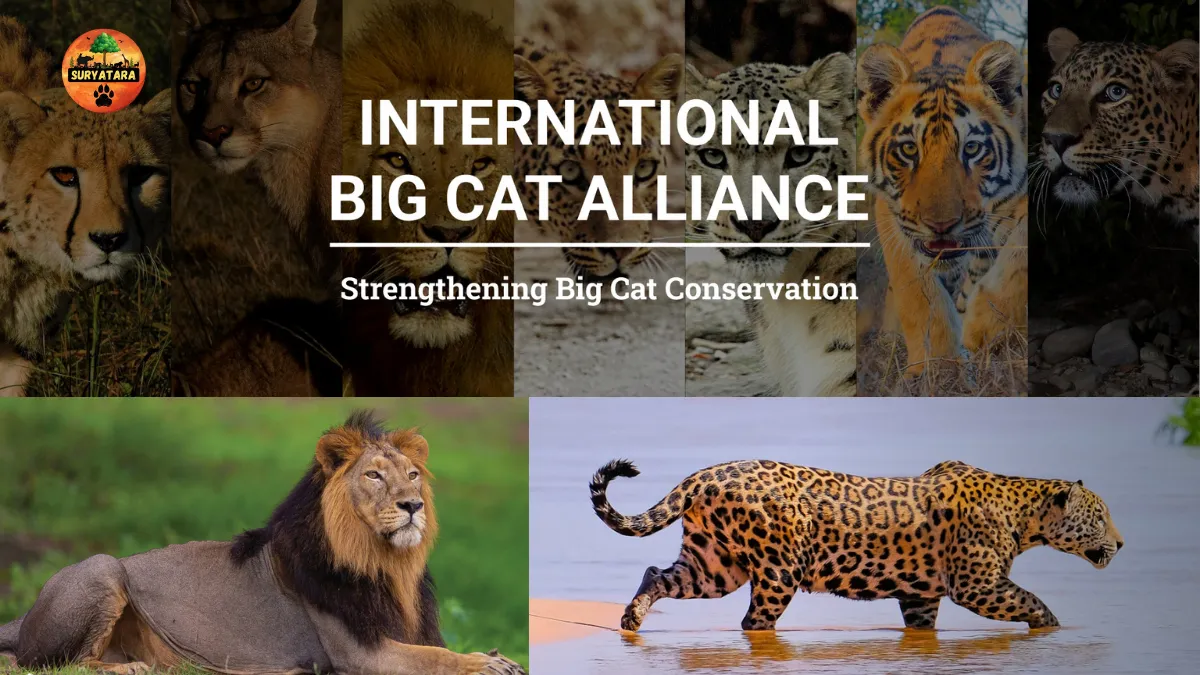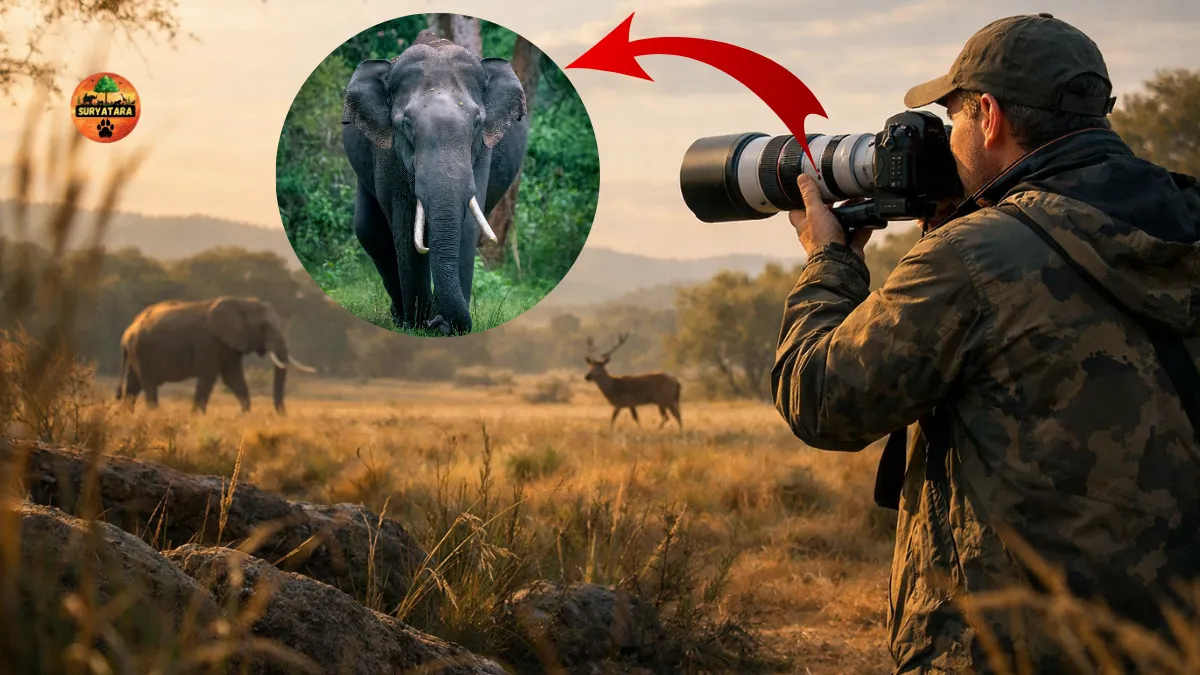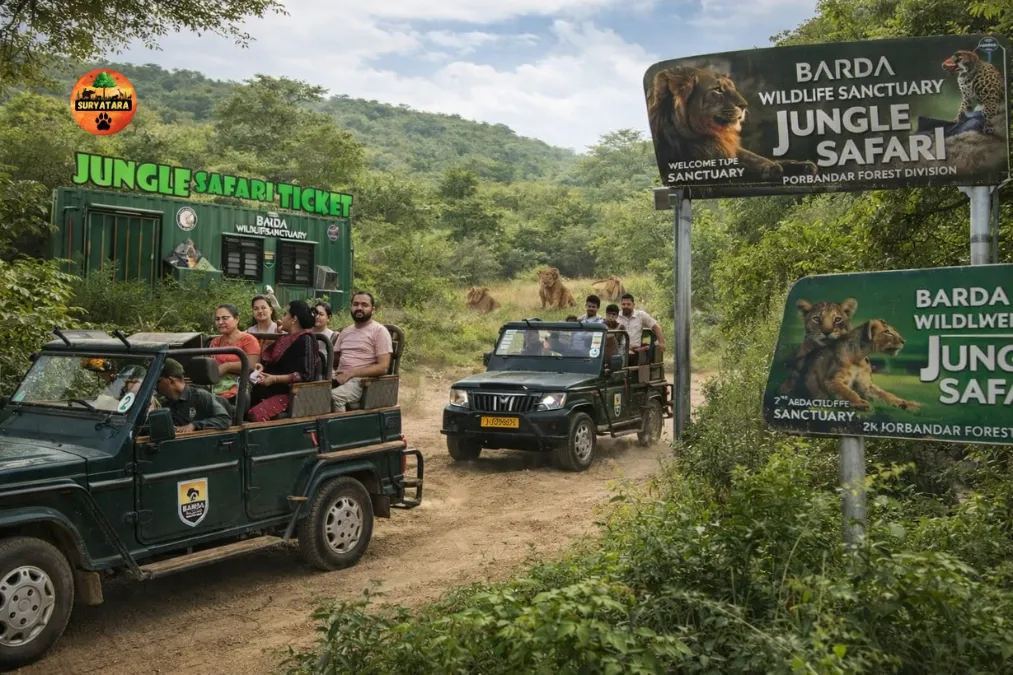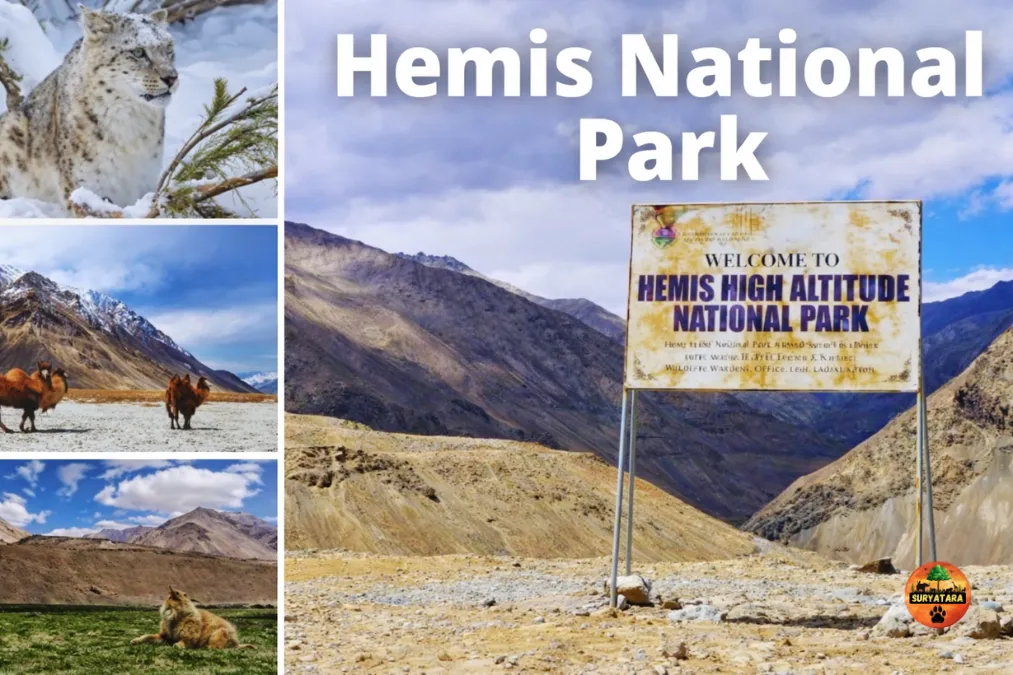Nepal joins International Big Cat Alliance, a major step that highlights the country’s growing commitment to wildlife conservation and global cooperation. This alliance is a multilateral initiative led by India with the mission to protect the world’s seven big cat species—tiger, lion, leopard, snow leopard, cheetah, jaguar, and puma.
With Nepal’s entry, the alliance has gained further strength as the Himalayan nation is home to three key big cat species: the snow leopard, the Bengal tiger, and the common leopard. Officials believe this decision will boost conservation strategies, improve ecological security, and inspire more countries to join hands for saving big cats.
Nepal Officially Becomes a Member of IBCA
The International Big Cat Alliance (IBCA) announced on Saturday that Nepal has formally signed the framework agreement to join the alliance. The official statement read:
“Nepal has formally joined the International Big Cat Alliance by signing the framework agreement. With snow leopards, tigers, and common leopards in its territory, Nepal’s entry will further strengthen global cooperation in big cat conservation.”
The IBCA also congratulated the Nepalese government, calling it “a crucial step towards collective ecological security.” This recognition highlights Nepal’s steady progress in wildlife conservation and its potential role in shaping global environmental policies.
Nepal’s Success in Tiger Conservation
One of the most remarkable achievements that positioned Nepal as a strong candidate for IBCA membership is its success in tiger conservation. In 2009, Nepal had only 121 tigers. Over the years, thanks to focused conservation efforts, anti-poaching strategies, community involvement, and cross-border cooperation with India, the number of tigers rose dramatically.
By 2022, Nepal’s tiger population had tripled, reaching 355 tigers—a milestone that was celebrated globally. This success story showcases how determined policies, local community participation, and global support can bring endangered species back from the brink of decline.
The Birth of the International Big Cat Alliance
The International Big Cat Alliance was launched on April 9, 2023, by Indian Prime Minister Narendra Modi in Mysuru, Karnataka. The idea was to create a unified global platform where countries could share experiences, pool resources, and work collectively to protect big cats, which face threats from habitat loss, climate change, and illegal wildlife trade.
The IBCA includes more than 90 countries that are interested in big cat conservation. Each member contributes knowledge, research, and funding opportunities to strengthen the mission. India, with its decades of experience in tiger and lion conservation, serves as a model for other nations. Programs like Project Tiger, Gir Lion Conservation, and Snow Leopard Management Plans have inspired many international conservationists.
Why Nepal’s Entry Matters
Nepal is located at the heart of the Himalayan ecosystem, one of the richest biodiversity hotspots in the world. The presence of snow leopards in the high-altitude regions and Bengal tigers in the lowland Terai forests makes Nepal an important stronghold for big cat populations.
By joining IBCA, Nepal will now have access to:
- International collaboration with experts from across 90+ countries.
- Shared conservation models from nations with successful big cat projects.
- Funding and resources to support local conservation activities.
- Stronger cross-border cooperation, especially with India, on anti-poaching patrols and wildlife corridors.
This move will also encourage eco-tourism in Nepal, boosting local economies while ensuring that wildlife protection remains a priority.
India’s Leadership in Big Cat Conservation
India has long been at the forefront of big cat conservation. With the largest population of tigers in the world, India has proven that strong political will, scientific management, and community involvement can reverse wildlife decline.
The launch of the International Big Cat Alliance in 2023 was a visionary step to globalize this experience. Through IBCA, India aims to bring together all range countries of big cats to address challenges such as habitat fragmentation, human-wildlife conflict, poaching, and climate change.
Nepal’s membership now strengthens this platform, creating a stronger South Asian partnership that can inspire the rest of the world.
The Road Ahead for Big Cat Conservation
Big cats are among the most iconic animals on Earth, yet they are also among the most endangered. Their survival is threatened by deforestation, illegal hunting, shrinking prey base, and rapid urbanization. Initiatives like IBCA show that protecting big cats is not just about saving animals but also about securing the ecological balance of entire ecosystems.
Nepal’s decision to join IBCA demonstrates that conservation is a shared responsibility. It also reflects the growing realization that no single country can protect biodiversity alone. Collaboration, knowledge exchange, and financial support from multiple partners are essential for the survival of big cats.
Also read: Project Lion: A Bold Step to Secure the Future of Asiatic Lions
Key Highlights at a Glance
| Aspect | Details |
|---|---|
| New Member | Nepal joins International Big Cat Alliance (IBCA) |
| Launch Year of IBCA | 2023, Mysuru, Karnataka by PM Narendra Modi |
| Objective | Conservation of seven big cat species – Tiger, Lion, Leopard, Snow Leopard, Cheetah, Jaguar, Puma |
| Countries Involved | 90+ nations |
| Nepal’s Big Cat Species | Snow Leopard, Bengal Tiger, Common Leopard |
| Tiger Numbers in Nepal | 121 in 2009 → 355 in 2022 (tripled) |
Also read: What is Project cheetah? India’s Bold Step to Reintroduce Cheetahs in the Wild
Conclusion
Nepal joining the International Big Cat Alliance is not just a symbolic gesture—it is a powerful commitment to protecting global biodiversity. With its proven track record in tiger conservation, Nepal will now play an important role in shaping global big cat protection strategies.
This partnership strengthens India’s vision of a collective platform where countries unite for a common cause: the survival of the planet’s most magnificent predators. If this momentum continues, the International Big Cat Alliance could become a historic milestone in wildlife conservation, ensuring that big cats thrive for generations to come.













